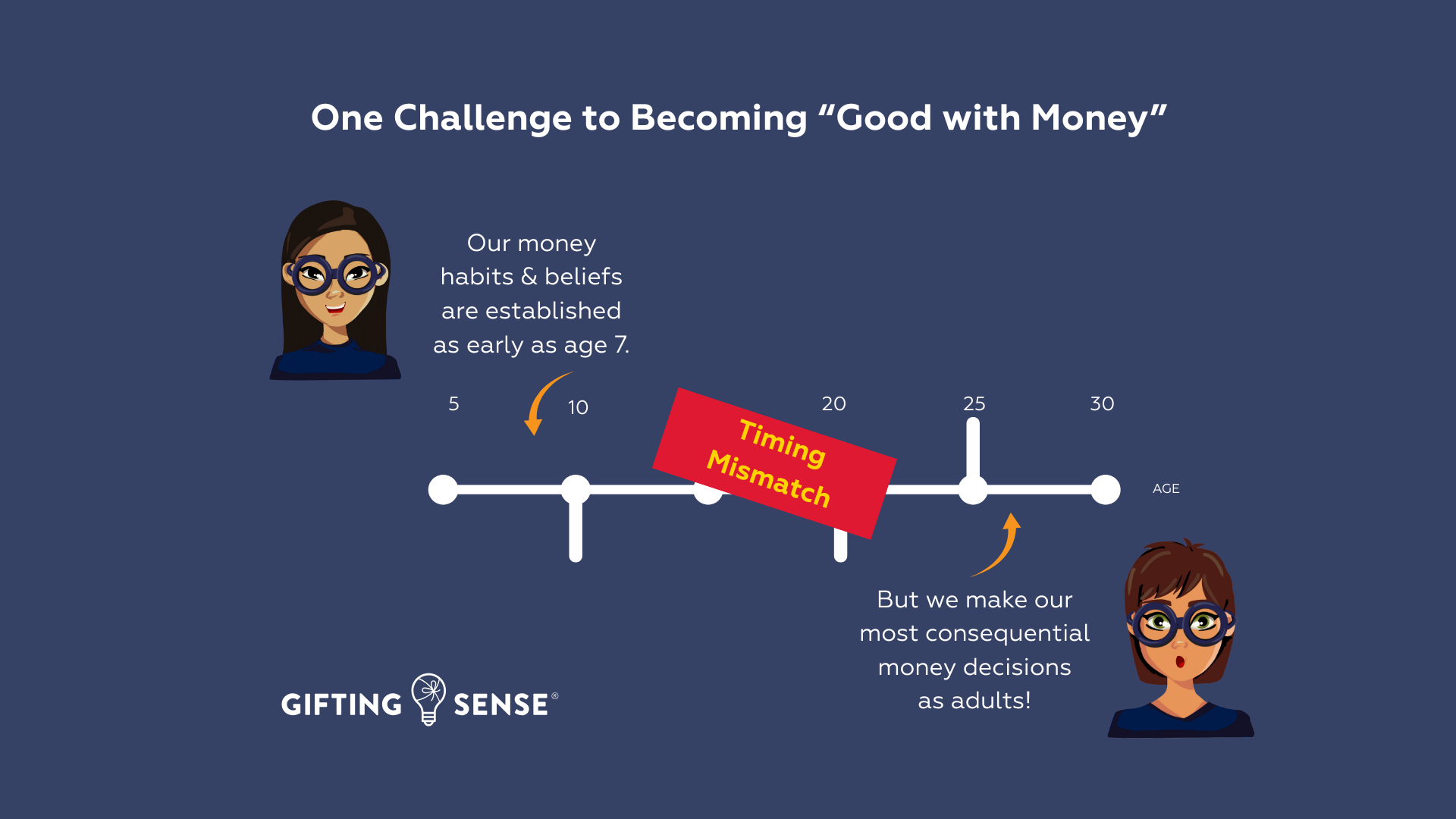Canadian icon Dave Chilton is our third “Financial Writers Who Inspire Us” honoree. Chilton wrote his famous narrative for responsible personal finances, The Wealthy Barber, in 1989. Twenty-two years later, he takes us on a broader and deeper tour through common financial myths and missteps in The Wealthy Barber Returns. He humorously scrubs fancier-than-necessary words from descriptions of financial concepts. In a particularly refreshing section of his newer book, he describes how “being average” isn’t actually all that bad.
When Average, Isn’t
Although everyone wants to be better than average, the “King of Common Sense” explains how this is just not mathematically possible and nowhere more so than in the world of investing. We simply cannot all achieve better-than-average investment returns. But that’s OK, Dave explains, because if you earn average market returns and pay lower efficient fees, you can actually come out ahead of your neighbor who earns above-average returns but pays average fees. Make sense? Dave does a great job of explaining this in the “When Average Isn’t” chapter of his second book.
Chilton dedicated The Wealthy Barber Returns to his Mom and Dad and credits his success to following “…the best advice ever given: Choose your parents wisely!” We bet if you teach your kids to think before they buy, they might feel the same way about you one day, because early financial education solves so much.
Early financial education can solve so much.
Having money to invest isn’t necessarily the “average” family’s situation these days. But Gifting Sense was built around the idea that teaching kids to think before they buy helps them prepare for all of the personal finance decisions that lie ahead, including how to create an investable surplus when they become adult income earners.
Thinking before buying can simply be described as spending with a plan. Spending with a plan not only lets young people avoid disappointment and waste but also helps them improve family harmony and protect the planet. When kids, tweens, and teens thoughtfully prefer an upcoming holiday or birthday gift, immediate and extended family members are spared the all-too-frequent exercise of spending their hard-earned time and money buying, wrapping, and then delivering gifts that aren’t likely to be used or appreciated. A boon for their wallets, calendars, and the planet!

We know parents, grandparents, and extended family enjoy making their kids’ holiday and birthday dreams come true. The DIMS-DOES IT MAKE SENSE?® SCORE Calculator helps families make sure they’re actually fulfilling wish lists versus sincerely attempting to do so with best guesses. Isn’t that win-win scenario the best case possible?
Neuroeconomists recommend slow spending!
Imagine never wasting time or money purchasing, returning, or discarding underappreciated gifts again. Right now, this is not most families’ experience, but we are working hard so that one day, very soon, it can be. In the interim, see if the DIMS SCORE® Calculator can’t inject some good old-fashioned think-twice-time between wanting and receiving for your kids. Witness first-hand all the good that arises when children understand the true value of their requests. It’s exactly what “neuroeconomists” recommend, says our favorite (older, wiser) Wealthy Barber. Wondering what that is? You’ll have to read Dave’s book to find out!
To learn more, click on the pink or blue buttons below.
Child Development Financial Literacy For Parents Inspiring Financial Writers



